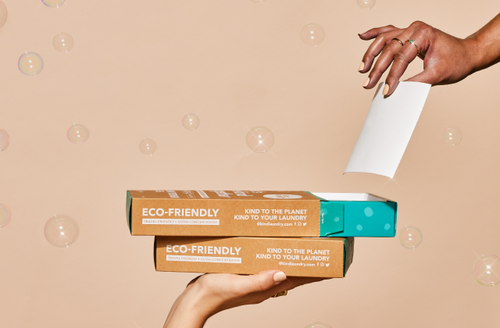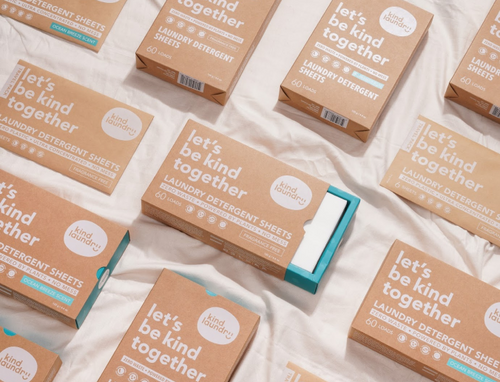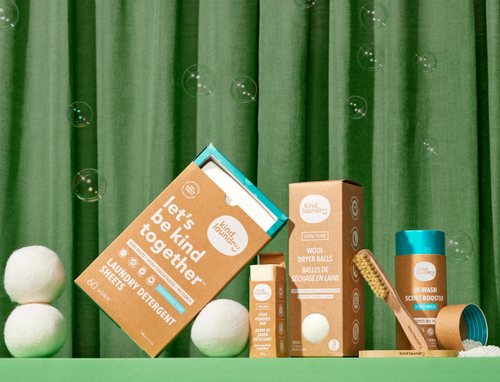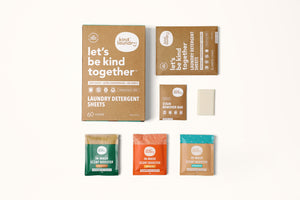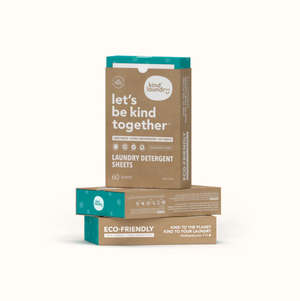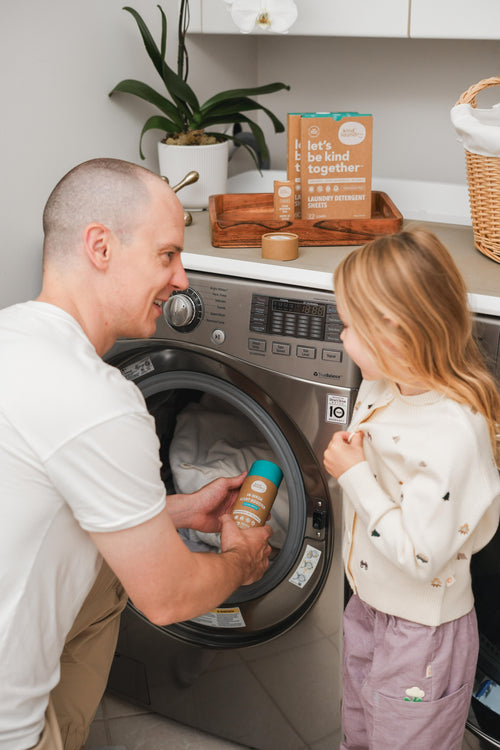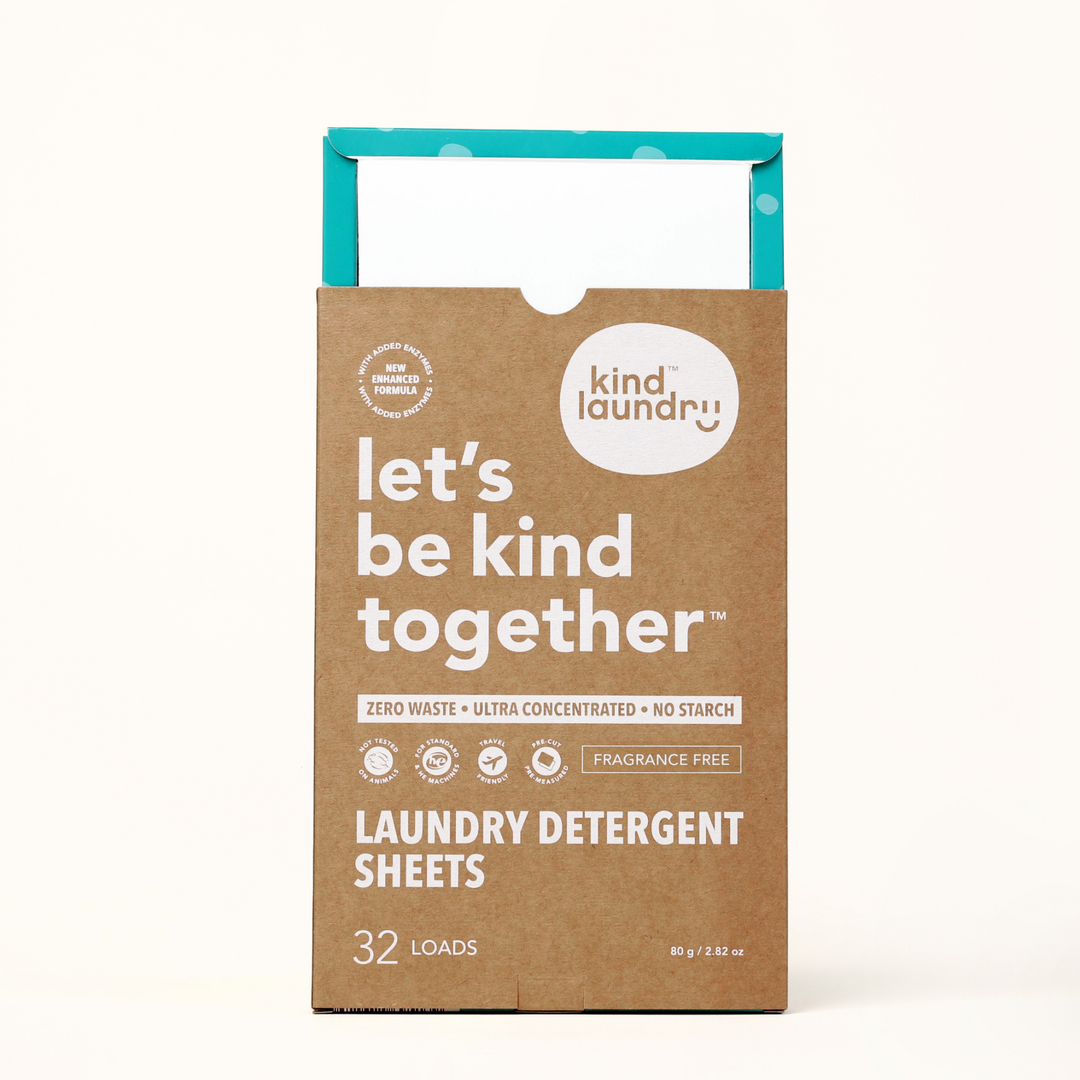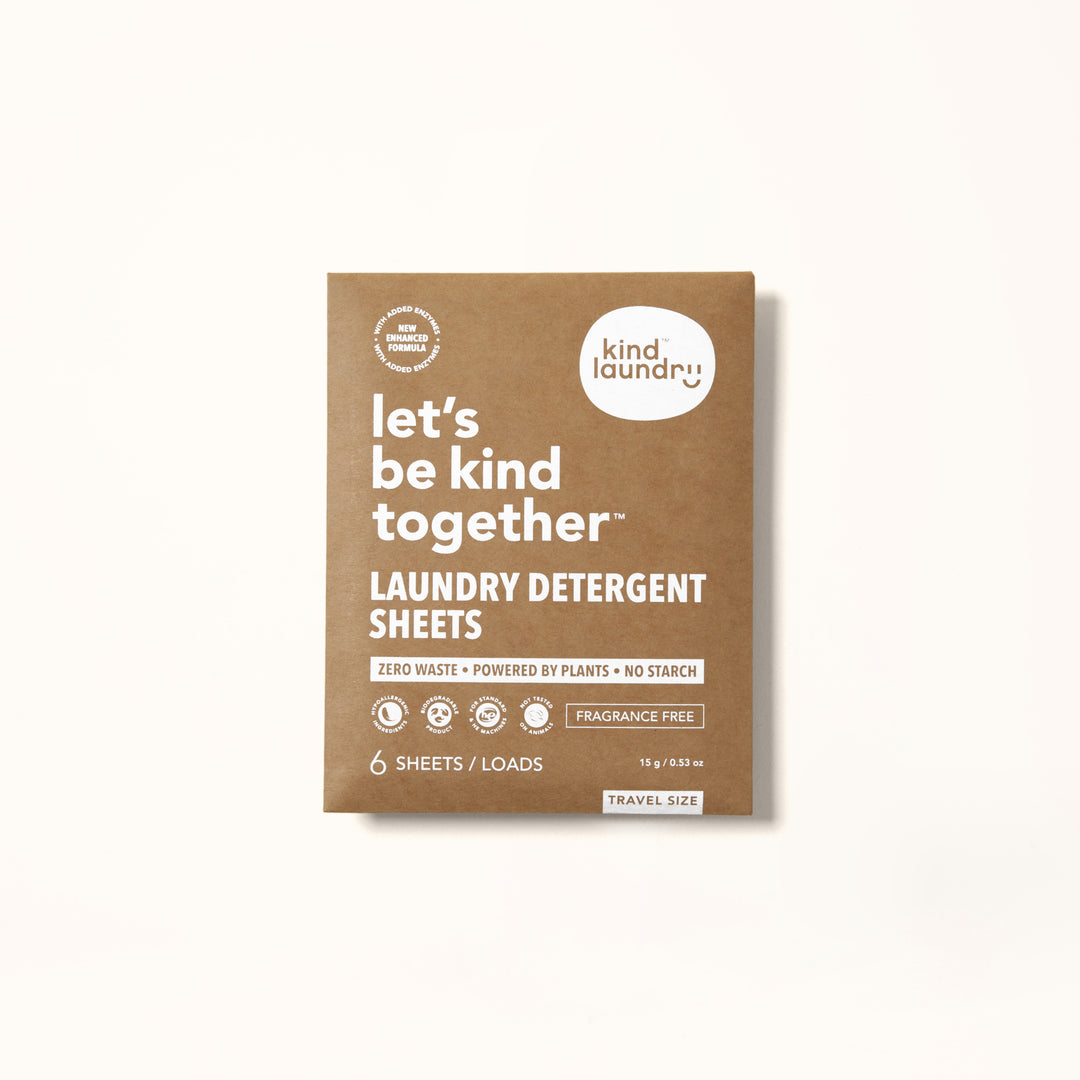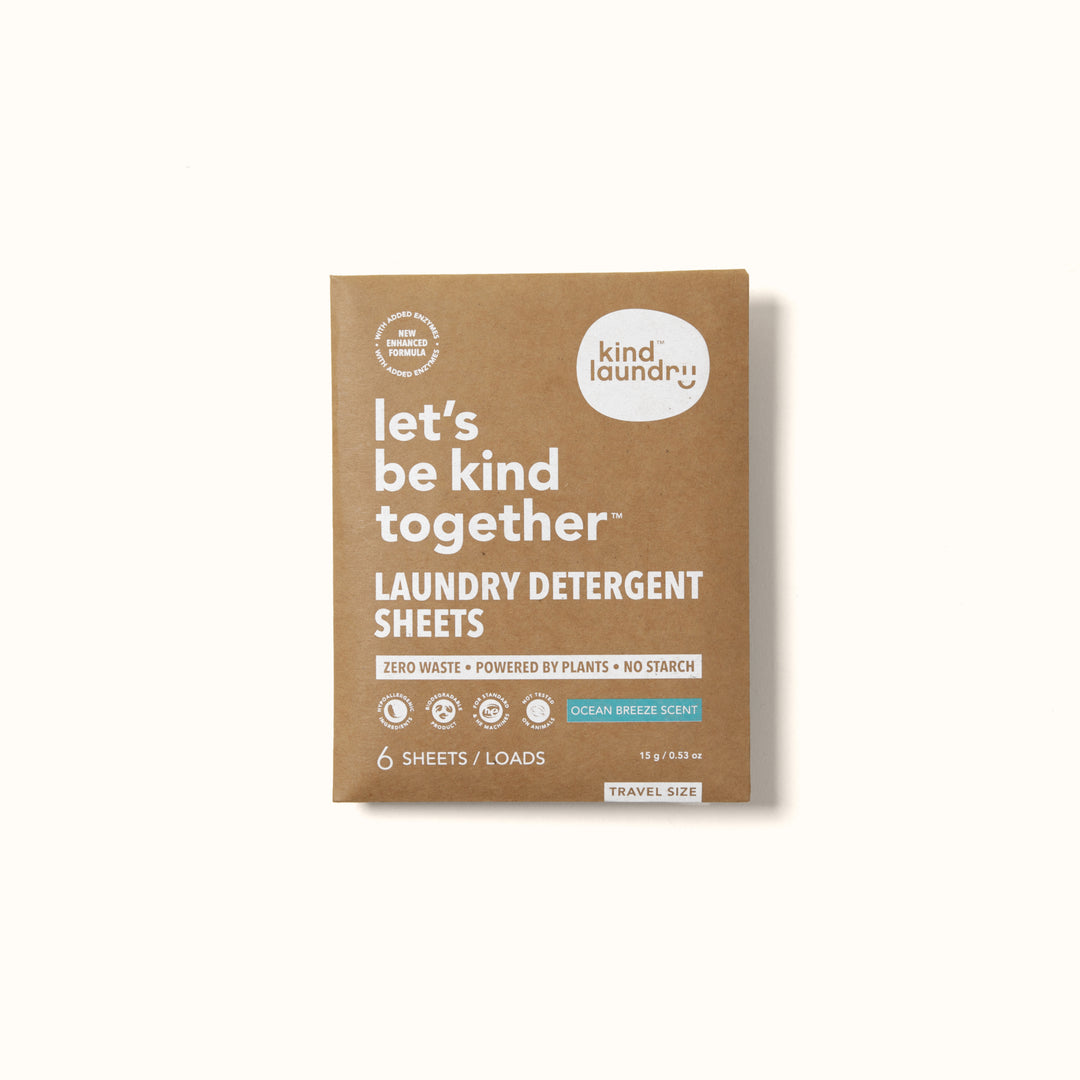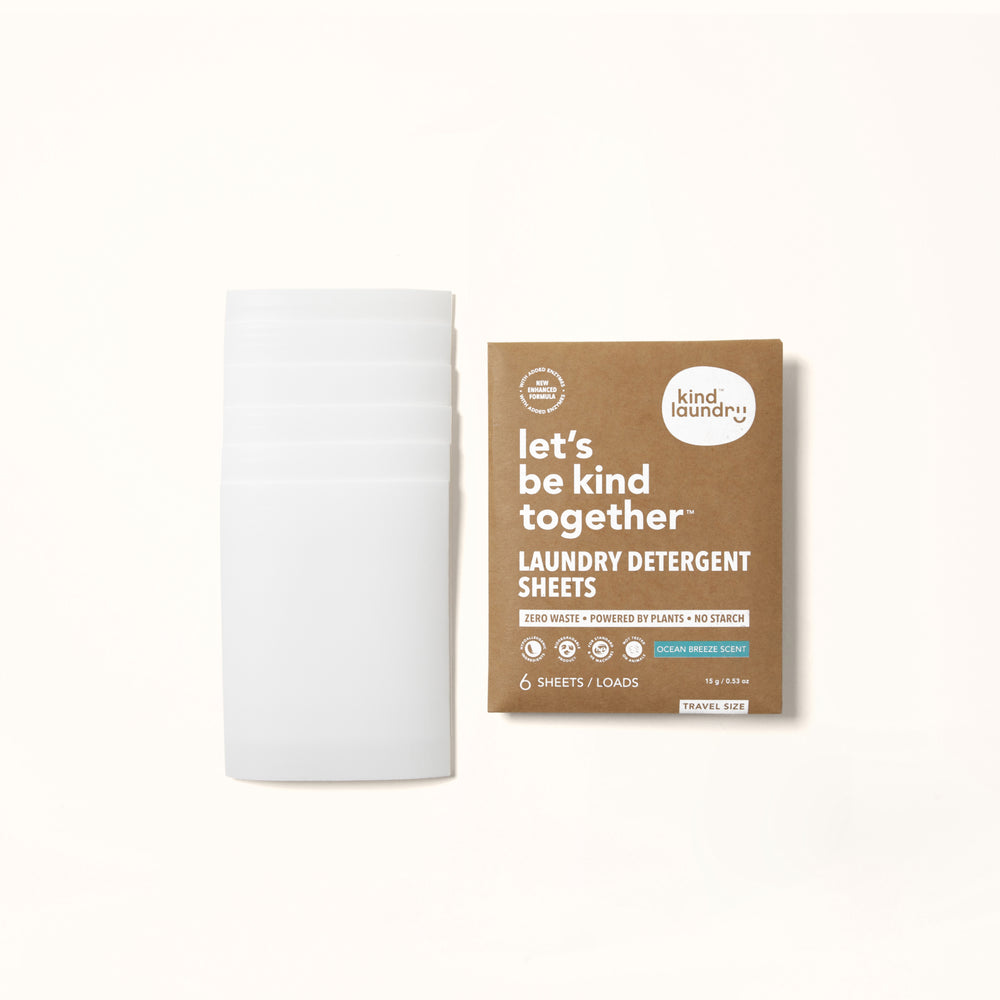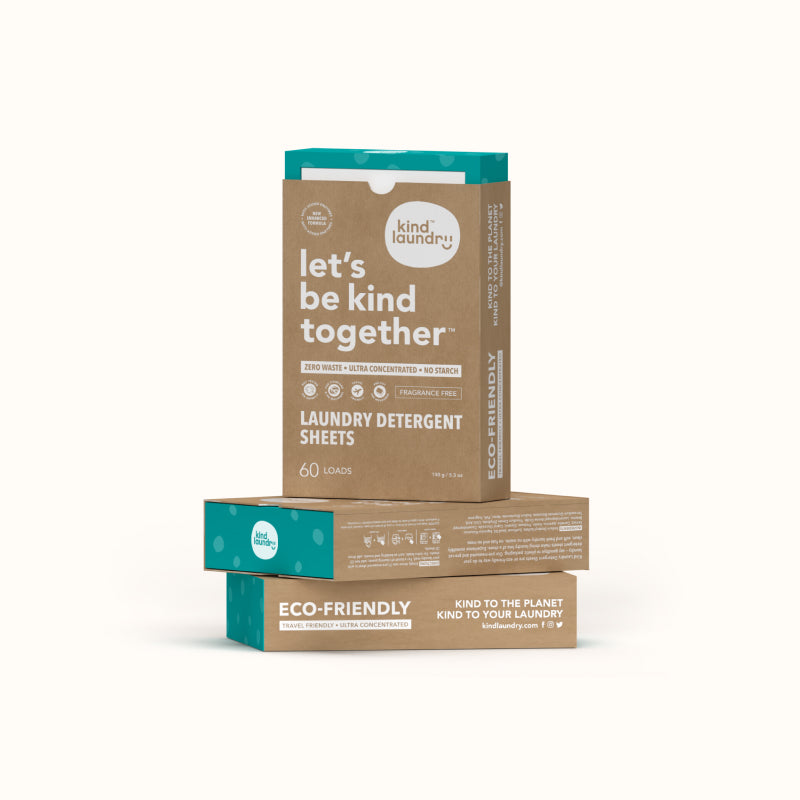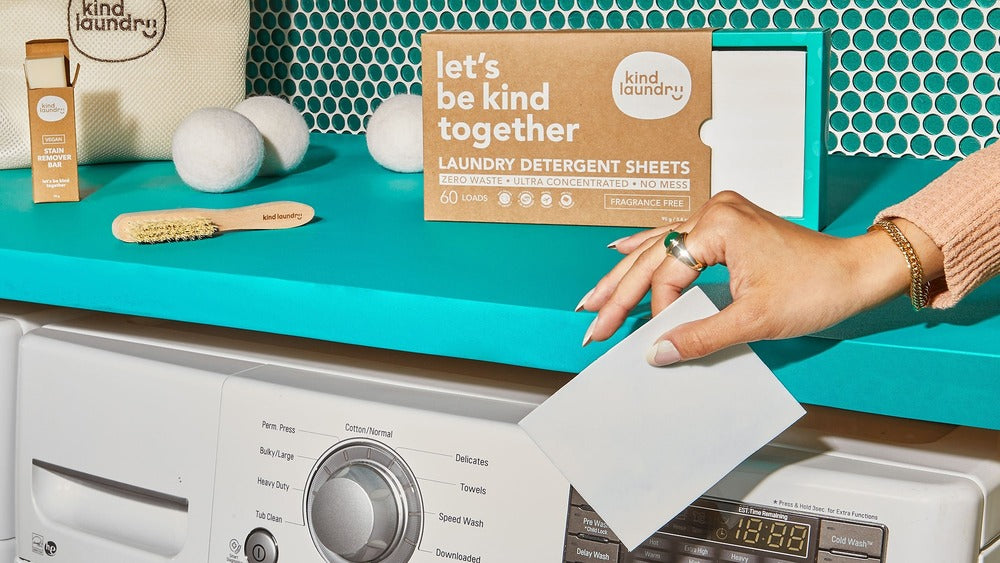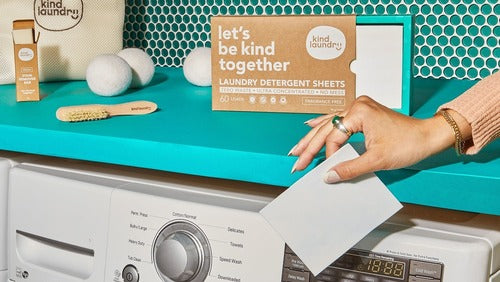For most of us living in developed countries, recycling is the norm. We dutifully separate our waste into paper, plastic and non-recyclable household rubbish. We have neat little color-coded bins and it all seems very tidy and easy to feel like we’ve done our bit for the environment. However, it’s all a great and well-marketed deception. Your efforts mean very little and are in fact contributing to an enormous humanitarian and ecological crisis.
In 2018 more than 68,000 shipping containers from America alone were sent overseas full of recyclable waste. Waste that is then sorted by hand in deplorable and unsafe conditions by the most vulnerable members of developing nations. Nations who already have significant issues in managing plastic waste. This has been going on for years but most of us were none the wiser. It is an issue that has now come to the forefront as these nations fight back and begin to demand better for their citizens and the environment.
Taking Advantage Of Disadvantage
Recycling is big business, it’s a large scale, money-making enterprise. What better way to make more profit than by exploiting cheap labor overseas in nations with minimal environmental regulations. Understanding where our plastic goes is an important step in understanding why we really need to work towards waste-free and not rely on simply recycling our plastic waste.
There are actually very few rules or regulations globally that are tied to recycling and how it is managed. This has paved the way for companies to sell us the good feelings around responsible waste management, while poorer nations bear the brunt of our naivety. This has long-lasting implications for public health and our environment.
So What Happens To Our Plastic?
Until recently, countries such as Malaysia, Cambodia, Bangladesh Vietnam, and Senegal would receive hundreds of tonnes of plastic waste from developed nations such as America, Australia, and Canada.
The idea behind shipping it overseas is that it’s cheaper and creates jobs in these developing countries while reducing domestic waste in the sending nation. However much of the waste exported is contaminated and unable to be recycled, meaning it ends up back in waterways, illegally disposed of or burned. An environmental and wellness catastrophe in the most compromised communities.
The exportation of our plastics isn’t new, it’s just never been widely known. The reason it came to global attention is that China, who previously imported the majority of the globe's plastic waste, began to decline shipments that weren’t 95% pure or uncontaminated. Leaving smaller nations with less capacity or proper facilities to take up the slack. Hundreds of thousands of tonnes of waste, being sorted by hand in un-safe and deplorable conditions, sometimes for just a few dollars a day.
The Cost Of Convenience
When first introduced in the 1950s, plastic was hailed as a wonder material. From toothbrushes to Tupperware, drink bottles to dinnerware - just about anything could be recreated in this amazing, new, lightweight material. At the time, no one understood the long-term implications of this convenience. When we consider that only a fraction of all plastic ever produced has successfully been recycled the true consequences of this convenience are revealed.
The remaining plastic that ends up in landfills or our oceans does eventually begin to break down, but that’s not a good thing. As plastic breaks down it create what is known as micro-plastics. These tiny pieces of plastic are easily ingested by marine life and then in turn by us when we consume seafood. That’s right, your health is impacted by your plastic use in ways you probably haven’t realized. Contaminated food is just one part of the plastic nightmare.
For developing nations, the cost is far too high. Our contaminated waste arriving on their shores drastically impacts their ability to manage their countries' own waste. It’s unthinkable that our well-meaning act of recycling waste has created an ocean of plastic and toxic fumes for poor communities in South East Asia and beyond. Think about it, that plastic water bottle you didn’t give a second thought to could now be floating under someone's home in a third-world nation or being burned near where children play. Horrifying, right?
Return To Sender
In the Philippines where efforts have been made to process plastics, suffocating clouds of toxic smoke linger over some of the poorest communities. Respiratory illness is rife. Sadly, this story is not unique - countries receiving our plastic waste mismanage up to 70% of their own waste. Our inability to manage our own recycling on-shore and willingness to send it overseas for profit is overwhelming countries with minimal resources.
Now, many of these nations are taking a stand and returning the waste to its point of origin and refusing to accept plastic imports. Licensing for imports of plastics in most of these nations is now thankfully suspended. Unfortunately, there remains a huge demand for locations to send recycling so the problem with plastic remains unsolved.
So What Can We Do?
It is time to reduce our waste, cull the production of plastics, and handle our own recycling on home shores. Compromising the health and well-being of less fortunate nations for our own convenience is unacceptable. Choose eco-friendly packaging wherever possible and educate yourself about your local recycling program and where your waste goes. Don’t let out of sight become out of mind. Reduce, re-use and refuse.
If you're still using liquid detergent in a plastic container, consider switching over to a 100% eco-friendly alternative with no-toxic ingredients. Kind Laundry detergent sheet is zero waste and contains only 4 natural derived ingredients. Check it out here.
